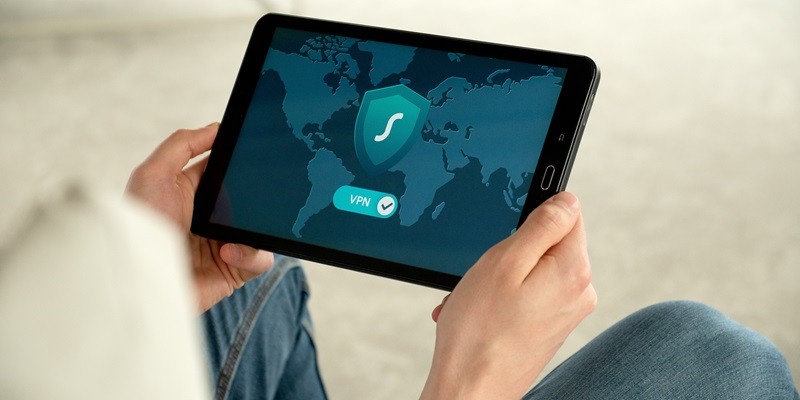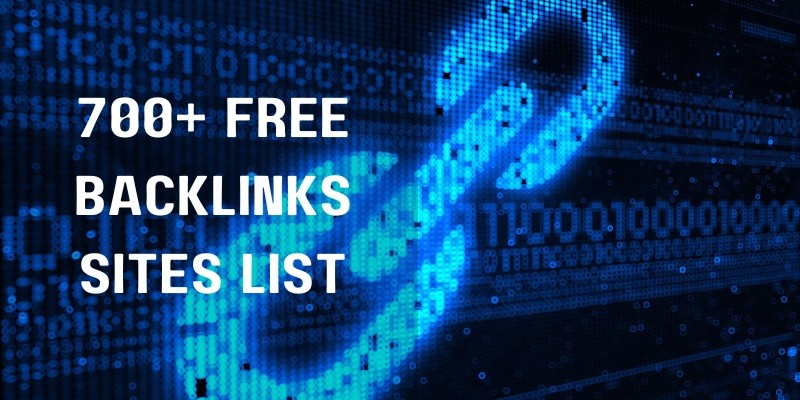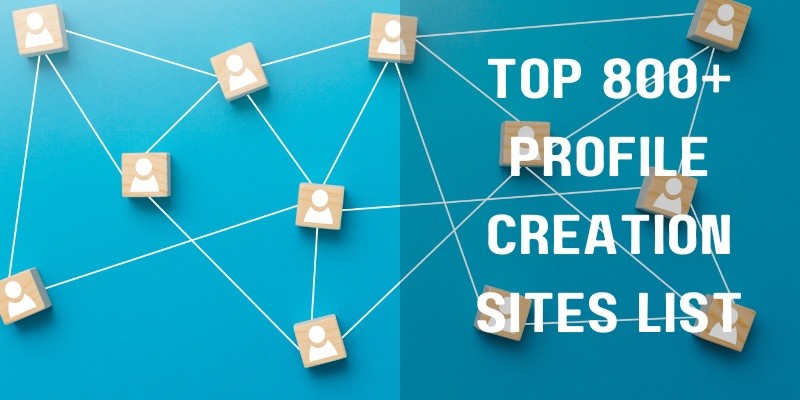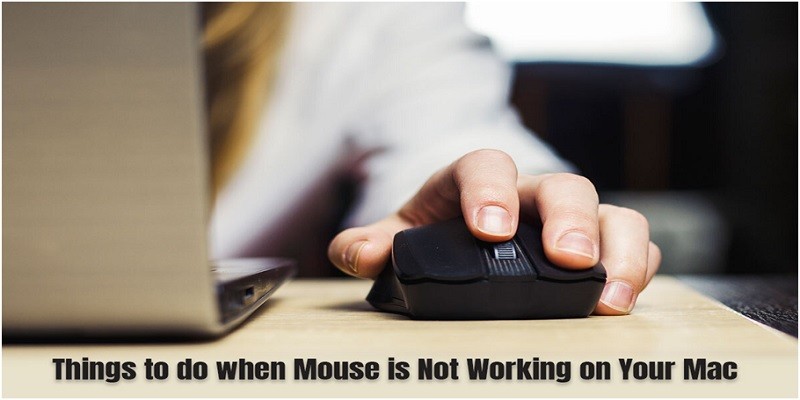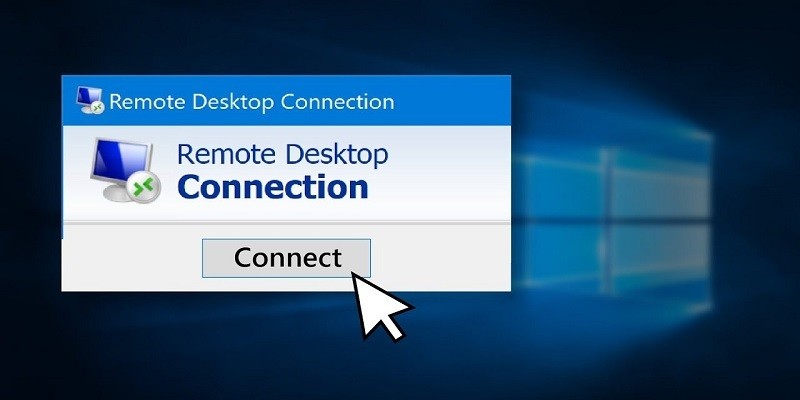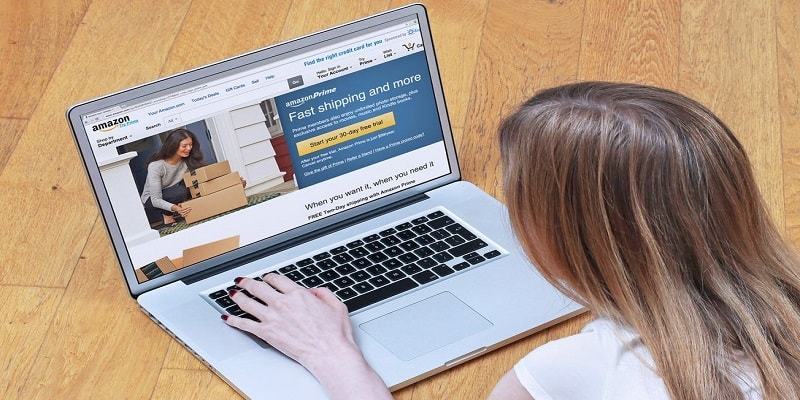Using encryption, VPNs scramble data into an unreadable jumble of code that only the device and VPN provider can decrypt with the right key. This anonymity makes it harder for hackers to steal personal information.
What is a VPN and why do I need it? VPNs offer robust security to bolster connections on insecure public Wi-Fi. They also hide users’ online identities and unblock geographically restricted content.
Security
Whether shopping online, booking travel, or downloading movies and TV shows, you often send sensitive information without realizing it. Websites can see your IP address, location, browsing history, device identifiers, operating system info, and more. You can encrypt these data packets using a VPN to prevent unauthorized parties from intercepting your personal information and tracking your internet usage.
When you use a VPN, your data is sent over a tunnel between your computer and your chosen server. This data is then scrambled into an unreadable jumble of code. Only you and the VPN provider have the key needed to unscramble it. The tunneling and encryption technologies make a VPN so useful in securing your personal information.
In today’s technology-driven business environment, network security is a top concern for many organizations and individual users alike. Businesses must protect trade secrets and confidential data from cyber threats, while individuals need protection against hacking or identity theft. A VPN provides these benefits by ensuring that high-level encryption standards and other network security protocols protect your information. It also offers a variety of features, such as a kill switch and multiple servers worldwide, to provide maximum security for your online activities.
Compatibility
It may seem obvious that a VPN needs to be compatible with the devices you use it on, but this is important for several reasons. Look for a provider that offers Windows, macOS, iOS, and Android apps. Some also offer browser extensions for Chrome and Firefox.
A VPN also helps keep your digital trail clean from hackers and cybercriminals. This is because it encrypts your data so that the information looks nonsensical to anyone who intercepts it, protecting you from phishing attacks and other online threats.
In addition, a VPN can help prevent bandwidth throttling by your ISP or other providers. Since they can’t see the data you’re sending to and from your device, they can’t throttle you down during high-traffic times.
Finally, a VPN can prevent price discrimination by your ISP. As ISPs learn your shopping habits, they can sell that info to product manufacturers, who then use it to raise the prices of certain products for you. A good VPN will prevent this targeting by giving you privacy and anonymity on the internet. If you find yourself in need of help while using your VPN, make sure it has a good support system. Look for a provider with 24/7 live chat support, comprehensive knowledge bases, and FAQs. Some even have dedicated user forums where you can post difficult-to-answer questions and get assistance from other users.
Privacy
A VPN creates a private tunnel over the public internet by encrypting data and rerouting it to a remote server. As a result, no one can spy on your browsing and streaming habits because they only see a jumble of text and the decryption key—which only you can access. Most VPNs use the Advanced Encryption Standard (AES), a block cipher with lengths of 128, 192, or 256 bits.
Connecting to a VPN requires a new IP address that masks your real one. It may also spoof your location so that sites think you’re connecting from another country—which is useful for bypassing content blocks, firewalls, and other barriers.
Many people use a VPN for privacy purposes, and for good reason: Hackers, cybercriminals, and government spies want to steal your sensitive data for all kinds of nefarious reasons. But even regular users can benefit from a VPN’s privacy features.
In addition to protecting your private information, a VPN prevents price discrimination and other forms of repression or targeting online. Your ISP can track your browsing history and stream activity and sell that info to product manufacturers, which then jack up your prices or target you with advertisements. A VPN prevents this from happening by keeping your data encrypted and rerouting it to a different server.
Performance
While VPNs offer a range of benefits, choosing one that meets your specific needs is important. You may want a fast and reliable connection, for example, or more servers to reduce data throttling. It’s also vital that your VPN has strong encryption standards, such as 256-bit AES.
While online, you often transmit sensitive information, like location, browsing history, device identifiers, and operating system details, to websites. This information is trackable and easily exploited, particularly on public networks. When you use a VPN, however, your data funnels through an encrypted tunnel that scrambles it into illegible code, which makes it difficult for hackers to intercept and exploit.
Some websites block access from known VPN IP addresses because they detect users are attempting to bypass their restrictions. A good VPN provider continually turns on new IP addresses to defeat this countermeasure.
The fact that your data is funneling through a private communications channel means it can take longer for things like web pages to load. This is another critical reason for choosing a VPN with the best servers and strong security protocols.

